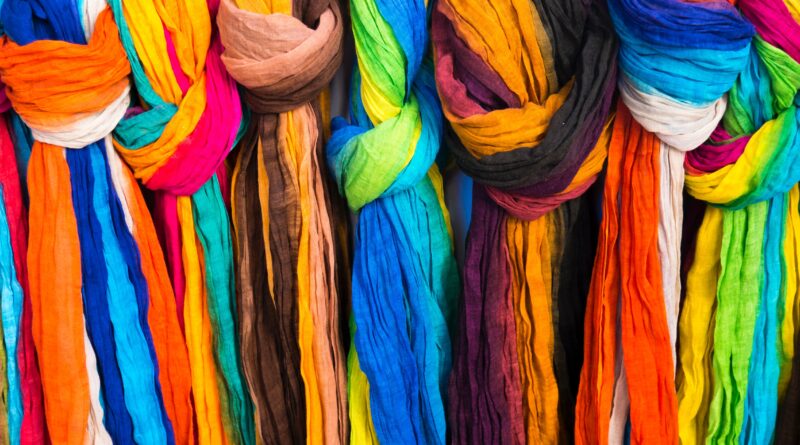Kōya no Shirobakama (紺屋の白袴 – The Shoemaker’s Children Go Barefoor)
Kōya no Shirobakama
紺屋の白袴
People who are so busy working on others that they have no time to do their own business are sometimes described as kōya no shirobakama (紺屋の白袴) in Japanese.
他人のことをするのに忙しくて、自分のことをする暇のない人のことを、「紺屋の白袴」と表現することがあります。
Kōya (紺屋) was used in the Edo period to refer to a dyer.
「紺屋」は、江戸時代に使われていた言葉で、染め物屋を意味します。
In addition, shiro (白) means “white,” and bakama/hakama (袴) is a type of traditional Japanese skirt, so the literal meaning of kōya no shirobakama is “a dyer’s white hakama.”
また、「白」は “white”、「袴」は日本の伝統的な衣類であるため、「紺屋の白袴」の文字どおりの意味は “a dyer’s white hakama” となります。
In other words, it means that a dyer is so busy dying other people’s clothes that they do not even have the time to dye their own hakama.
人の着物を染めるので忙しく、自分の袴を染める時間すらないということです。
Please try to use your time not only for others but also for yourself.
人のためだけでなく、自分のためにも時間を使うようにしましょう。




